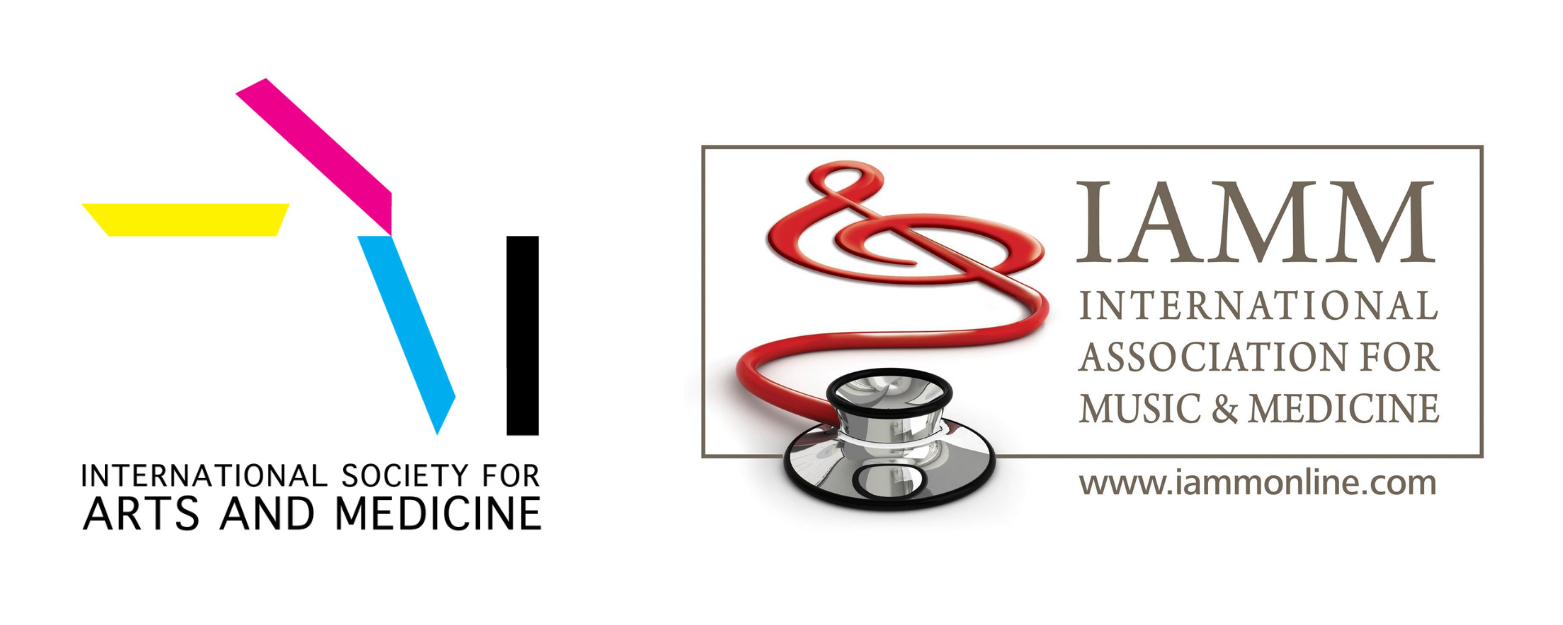
Countdown to Berlin 2024
September 18 - 21, 2024
About the 2024 Congress
Berlin 2024 will be a hybrid event - Participants will have the opportunity to take part both in person and online.
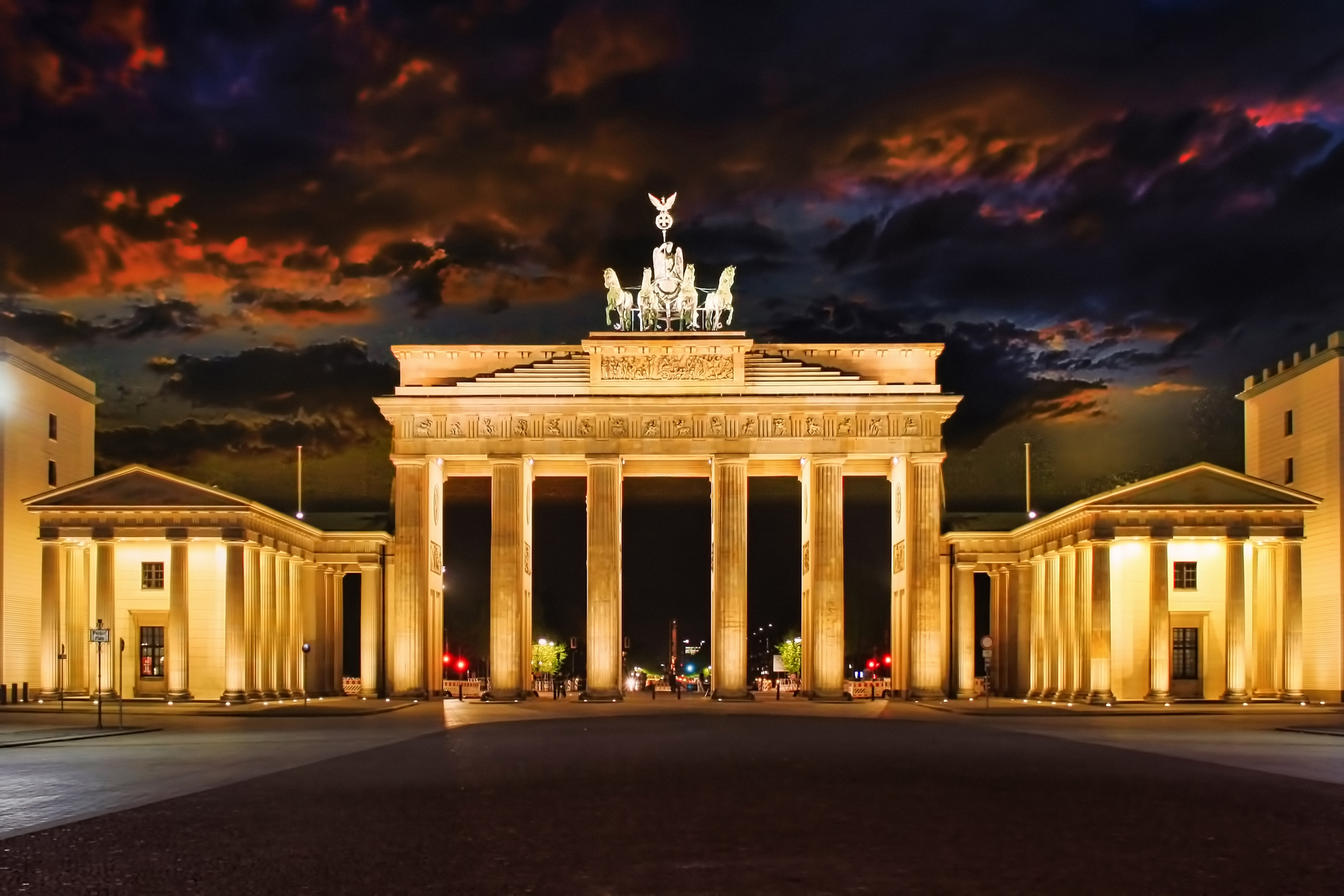
The Future of Music and Arts in Medicine and Health will take place in Berlin, Germany, and online, September 18-21, 2024. This hybrid event will bring together medical and artistic experts, researchers, practitioners, and students from around the world, offering opportunities for collaboration and networking across continents and disciplines. Additionally, pre and post-congress workshops, Special Interest Group meetings and other business meetings will enrich the program.



Speakers
Thank you for submitted for consideration!
The Scientific Committee of the 2024 Joint Congress of the IAMM/ISfAM is now working hard to review all submissions. Decisions will be communicated by March 20th, 2024.
Look for late-breaking abstract submissions re-opening in May.
Highlight Events
About Our Organizations: IAMM & ISfAM
ISfAM


The International Society for Arts and Medicine (ISfAM) was established in 2023 with the primary aim to highlight the important connection of arts and medicine. Our mission is to create a forum and hub for scientists, medical doctors, artists, therapists, as well as any individuals, organizations, and supporters working or interested in the field of arts and medicine. Our shared interest is improving and sustaining health through the arts including visual arts, music, dance, other performing arts, literature, and architecture. The International Society for Arts and Medicine (ISfAM) will foster growth, cooperation, education, policy advice, and visibility of the field.
President: Prof. Dr. Stefan Willich
IAMM
The International Association for Music & Medicine (IAMM) is a registered non-profit organization formed in 2009 to encourage and support the use of music in medical contexts including research into the benefits of music, and its specialized applications in healthcare. IAMM is a global community of multi-disciplinary professionals and learners who work at the intersection of music and medicine/health. The organization currently provides virtual seminars, events, and interactive forums, in addition to an international conference every two years.
President: Prof. Dr. Suzanne B. Hanser
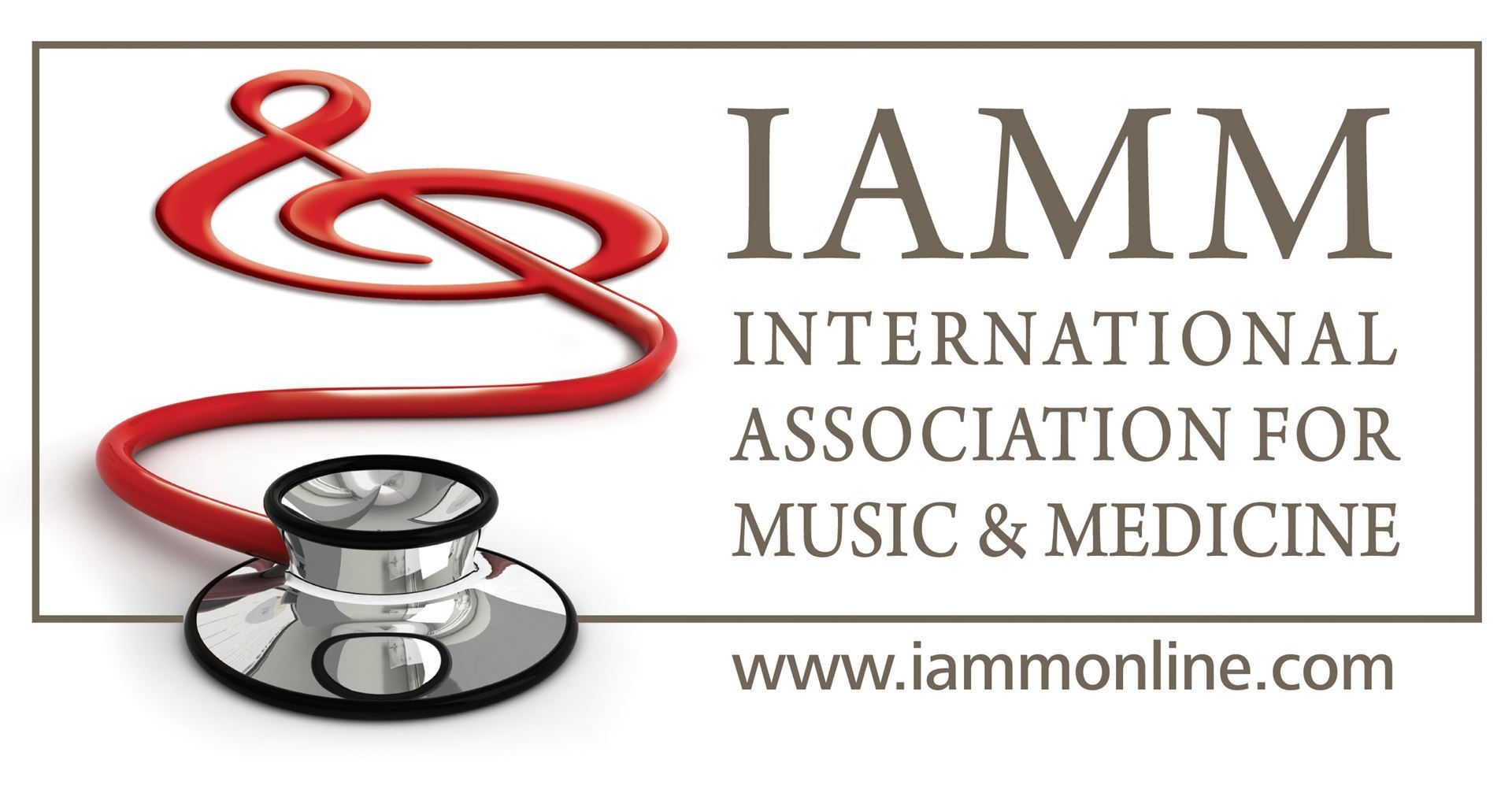

Congress Main Topics
Building upon the success of previous IAMM conferences, this year's event is driven by the overarching theme, "The Future of Arts and Music in Medicine and Health." Inspired by the innovative spirit of Berlin, a city that harmoniously blends history and modernity, our congress aims to explore the dynamic relationship between arts, music, and healthcare.
With a diverse range of topics rooted in the therapeutic potential of artistic expression, the neurological underpinnings of music, and the cultural dimensions of healing, we invite you to join us in shaping the future landscape of arts and medicine.
The five main topics of our congress correspond to five plenary sessions on:
Therapeutic Outcomes of the Arts
Delving deep into the transformative potential of the arts within the medical sphere, this topic will encompass the multifaceted roles arts play, from traditional music and creative art therapy modalities to the emergent field of neuroaesthetics. Studies and real-world applications will showcase how arts-based interventions can not only alleviate physical pain but also act as powerful tools for emotional and psychological healing.
Neurosciences, Cognition, and the Arts
This topic will shed a light on the intricacies of the brain and its relationship with the arts. It will provide a comprehensive exploration of how the arts influence neural activities, shape our cognitive functions, and offer promising avenues for therapeutic recovery.
Innovations at the Intersection of Arts, Medicine, Health, and Technology
The future of healthcare beckons with an exciting confluence of arts, medicine, and technology. This topic will spotlight groundbreaking initiatives that harness the power of technology to redefine patient care. We will explore how blending artistic practices with the latest technological advancements can offer tailored therapeutic strategies and foster productive interdisciplinary dialogues, ultimately driving healthcare towards unprecedented horizons.
Music and Arts-based Interventions in Medical and Health Contexts
Music and arts are not just for entertainment; their therapeutic potential is profound and far-reaching. This topic will shed light on the diverse applications of music and other art forms in various medical contexts. We will explore how tailored interventions, from rhythmic entrainment to visual stimulation, can offer solace, healing, and rejuvenation across different patient demographics and conditions.
Artistic Expression and Cultural Perspectives in Healthcare and Community
Art is a universal language, yet it is deeply rooted in cultural nuances. This topic will explore the significance of acknowledging and integrating these cultural perspectives within healthcare environments. We will seek to understand the importance of considering diverse artistic expressions in therapy, the role of cultural sensitivity in patient care, and the potential benefits of an inclusive, globally-aware approach to health and well-being.
Our Venue: Berlin Charité
Charité means charity or mercy in French. And this is exactly where the origin of the now world-famous Berlin hospital lies. Founded in 1710 as a house for plague patients, the Charité became really important when the university in Berlin began operations in 1810. From now on, research, hospital operations and teaching went hand in hand. Over half of the German Nobel Prize winners in medicine or physiology worked at the hospital, which today has over 3,000 beds at several locations in the German capital. 290 professors and over 8,000 students are involved in research, teaching and studying at the Charité. Today, a total of 13,000 employees look after the well-being of almost 800,000 outpatients and inpatients every year. World-famous and highly paid doctors such as Robert Koch, Rudolf Virchow and Ferdinand Sauerbruch worked here.
Venue & Transport Information
Hotels Convenient to Public Transportation
Arena Inn
★★★
Hotel Arena Inn renovated in 2012 is located in Mitte - the fashionable district in the center of Berlin.
Address: Müllerstr. 163, 13353 Berlin
Mercure Hotel Moa
★★★★
This is Berlin's second-largest conference hotel and a great option for business guests.
Address: Stephanstr. 41, 10559 Berlin
Victors Residenz
★★★
In the north-west of the capital is Victor’s Residenz Hotel Berlin-Tegel with modern rooms, a quiet location, and a relaxed atmosphere.
Address: Holländerstraße 31, 13407 Berlin
ABION, Spreebogen
★★★★
The AMERON Berlin ABION Spreebogen Waterside has a view of the River Spree and a location at the heart of the capital between the West Centre and the East Centre.
Address: Alt-Moabit 99, 10559 Berlin
LIME HOTEL
★★★★
Our limehome Berlin Müllerstraße is located directly in the popular Berlin Wedding district, very close to Berlin Mitte and all of the capital's important sights.
Address: 12 Müllerstraße , 13353 Berlin, DE
Congress Committee
Congress Co-Presidents
Suzanne Hanser - IAMM
Stefan Willich - ISfAM
Congress Organizing Committee
Anne Berghöfer
Margit Cree
Samuel Gracida
Vera Brandes
Jingwen Zhang
Scientific Committee
Mazda Adli
Eckart Altenmüller
Erik Bauman
Anne Berghöfer
Bussakorn Binson
Vera Brandes (Co-Chair)
Benno Brinkhaus
Ferol Carytsas
Xijing Chen
Amy Clements-Cortes
Karin Dannecker
Ayelet Dassa
Albert Dieffenbacher
Athanasios Dritsas
Jane Edwards
Calvin Eng
Mark Ettenberger
Iva Fattorini
Lukas Feireiss
Carsten Finke
Saoirse Finn
Urs Gruber
Andreas Hillert
Eva Bojner Horwitz
Yuji Igari
Sabine Koch
Bing Li
Joanne Loewy
Susan Mandel
Matt McCrary
Katrina Skewes McFerran
Melissa Mercadal-Brotons
Christiane Montag
Nsamu Moonga
Lutz Neugebauer
Benjamin O'Brien
Clare O'Callaghan
Thomas Ostermann
Katy Overy
Efthimios Papatzikis
Thomas Petschner
Adak Pirmorady
Marija Pranjić
Kezia Putri
Alison Rigby
Andrew Rossetti
Purvaa Sampath
Katharina Schmitt
Hartmut Schröder
Jalid Sehouli
Christos Sideras
Michael Silverman
Vivien Marcow Speiser
Cynthia A. Standley
Jeanette Tamplin
Patsy Tan
Julian Thayer
Patravoot Vatanasapt
Dorothee von Moreau
Cor Wagenaar
Stefan Willich (Co-Chair)
Claudia Witt
Lisa Wong
Claudia Zanini
Budget Committee
Gabriele Rotter
Fred Schwartz
























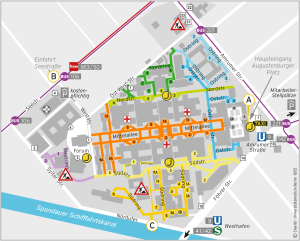


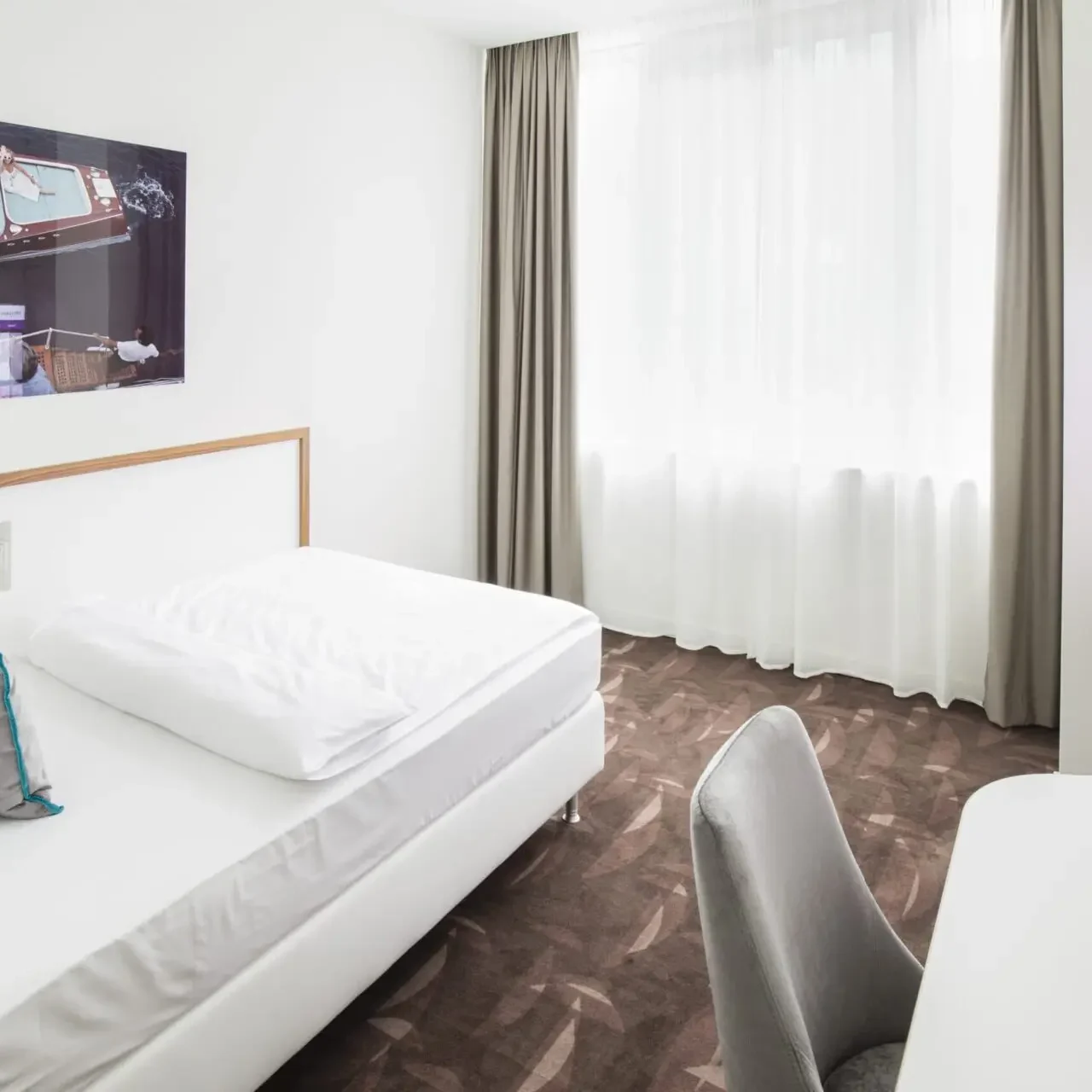













You must be logged in to post a comment.